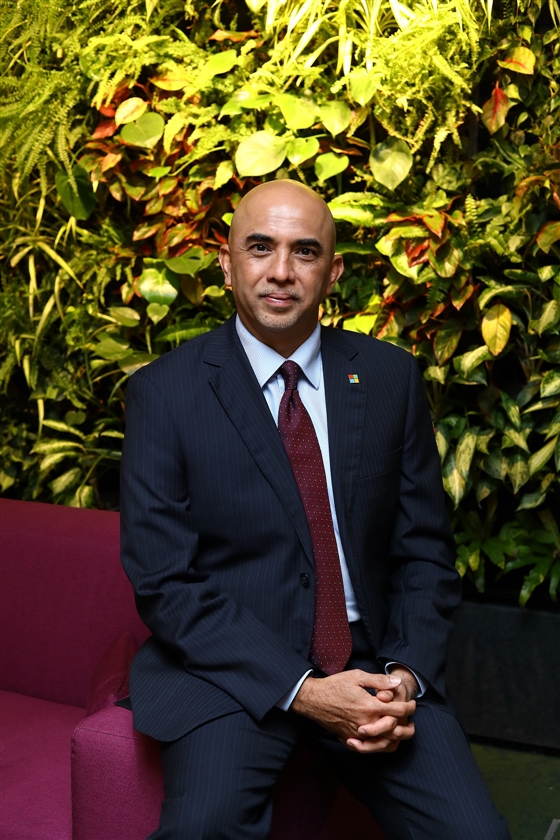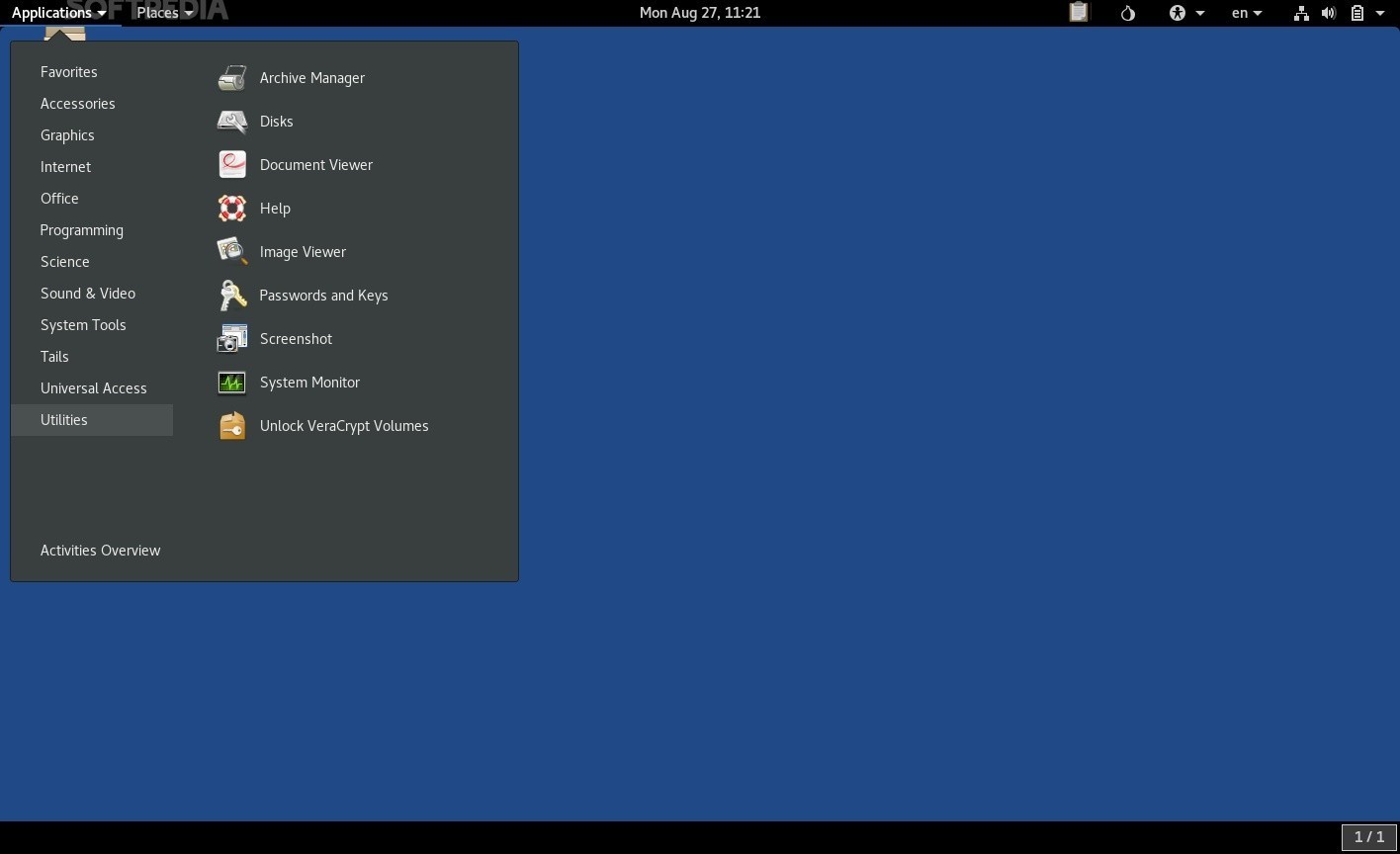Microsoft Malaysia welcomes the 2020 National Budget themed “Driving Growth and Equitable Outcomes towards Shared Prosperity” which focuses on strengthening the country’s digital infrastructure, building a more inclusive society, and empowering the youth. Anchored on the Shared Prosperity Vision 2030 (SPV30), the budget emphasizes on shared responsibility to ensure the fruits of development are distributed at each stage of the value chain and to the rakyat at large.

“Malaysia is poised to be a digital-first economy with a robust digital and social infrastructure that works towards bridging the opportunity divide in our journey to become a high-income nation. The core measure undertaken in the budget will help further fuel the digital economy, drive growth for SMEs and enterprises, enhance workforce skills development as well as education access for all,” said K Raman (picture), Managing Director of Microsoft Malaysia.
Fortifying the digital economy
Among the key thrust areas in the 2020 Budget is to fortify the Digital Economy with efforts to improve the physical and digital infrastructure that powers up the 4th Industrial revolution. We welcome the measures for high speed and quality digital connectivity nationwide and efforts towards more pioneer digital projects that would allow Malaysian businesses to ride the global 5G wave. By accelerating deployment of new digital infrastructure for public buildings, pilot projects on digital applications and encouraging digital payment and e-wallet adoption, the government is reinforcing its commitment to build a strong momentum for the digital economy.
“With Digital Transformation set to contribute US$10 Billion to Malaysia’s GDP by 2021, the government’s move to enhance our nation’s digital infrastructure is undoubtedly a step forward towards a stronger, more resilient economy. These efforts will help cement Malaysia’s position as a tech powerhouse in the region, drawing in more investments from foreign companies whilst also creating more job opportunities for Malaysian.”
It’s extremely encouraging that the National Fiberisation and Connectivity Plan will adopt public-private partnership approach and calls for the private sector to join hands in digitization efforts.
Empowering students with the digital backpack
With the education sector receiving the lion’s share of allocations of RM64 billion, we are heartened by the focus of Budget 2020 on developing future ready Malaysian talent and empowering education, skill and talent development in the country. A key step is the allocation of RM11 million in the budget towards initiatives by the Ministry of Education to encourage more students to engage in STEM education and democratize it in order to develop Future Ready Malaysian Talent.
Further in line with the ‘zero reject’ policy of the Ministry of Education, the budget allocated RM23 million towards making school facilities disabled friendly to ensure that no child shall be denied an education due to his or her disability. Complimenting the government’s efforts, Raman added, “We continue to see technology’s role as an enabler, bridging the opportunity divide, and allowing people with disabilities to participate in the digital economy. The Government of Malaysia has taken the lead in setting an aim of hiring at least 1% of people with disabilities in the civil service, and it all starts providing the student with the adequate tools and knowledge to contribute back to the nation.
“In addition, as part of the ASEAN Digital Skills Vision 2020, Microsoft has pledged to transform communities and countries in ASEAN with digital skills development and jobs by 2020. As part of today’s digital world, all of us have the responsibility to learn, unlearn and relearn, as we work to become a Digital Nation – digital by default, transformational and secure by design. As Malaysia makes it education system more inclusive, it offers the unique opportunity for digital skills to be democratized.”
By way of its efforts, Microsoft partners with NGOs, universities and various education bodies to ensure these digital skills can be encouraged among students to help prepare them for entrepreneurship, employment, and further education in STEM fields. The Future Ready ASEAN platform, a free online digital skill learning platform is another great collaborative example in this regard.
Building a smarter, more sustainable economy in Malaysia
The 2020 Budget comes out in strong support of the SMEs to help them innovate and be in the forefront of development in the digital era. The allocation to encourage SMEs to upgrade their digital operations, facilitate their access to financing and capacity-building in line with the fourth industrial revolution (IR4.0). Government will continue fund to train micro-digital entrepreneurs and technologists and grow local digital content creators and champions, especially in e-Games, animation, and digital arts.
“Our goal has been to help empower every Malaysian organizations to achieve more. From our Azure-based solutions to our state-of-the-art machine learning technology, we offer a wide variety of offerings that we tailor to meet the demands of local SMEs and enable them to take advantage of IR 4.0 to bolster their growth in the digital economy.”
The concept of “Digital Social Responsibility” (DSR) introduced in the Budget is another welcome measure. It will encourage businesses to contribute to digital economic development by improving digital skills of the future workforce.
“Microsoft will continue to work with the Malaysian Digital Economy Corporation and other agencies in Malaysia to equip the rakyat with upskilling and reskilling courses. Our platforms such as the Microsoft Professional Program and AI Business School was created to help anyone gain technical job-ready skills and get real-world experience through online courses, hands-on-labs and expert instruction, putting you on a path with skills and attributes for better employability in the future.
As we move towards 2021, we expect that the digital transformation momentum will accelerate rapidly with more companies investing in big data, artificial intelligence, IoT and other digital transformation enablers to reach a state whereby 45% of Malaysia’s GDP will be derived from digital products and services”
Ensuring Unity and Economic Growth, Inclusive Prudent Spending, Wellbeing of the Rakyat
Microsoft Malaysia welcomes the initiatives under the 2020 National Budget, which prioritize the bridging of the opportunity divide, particularly for senior citizens, persons with disabilities and children, ensuring that they are included within the economic fold. The financial aid for low-income group, health protection fund for families in the B40 category, efforts to upgrade infrastructure and enhance access of basis amenities to the population, among other efforts will go a long way in ensuring everyone can enjoy the benefits of our economic development.
“We look forward to continued collaboration with the Government, as we promote inclusivity, ensure equal opportunities, and deliver on our commitment to drive economic growth, innovation and societal impact in Malaysia by partnering in data driven policy making to ensure the benefits of digital growth are enjoyed by all,” concluded Raman.











